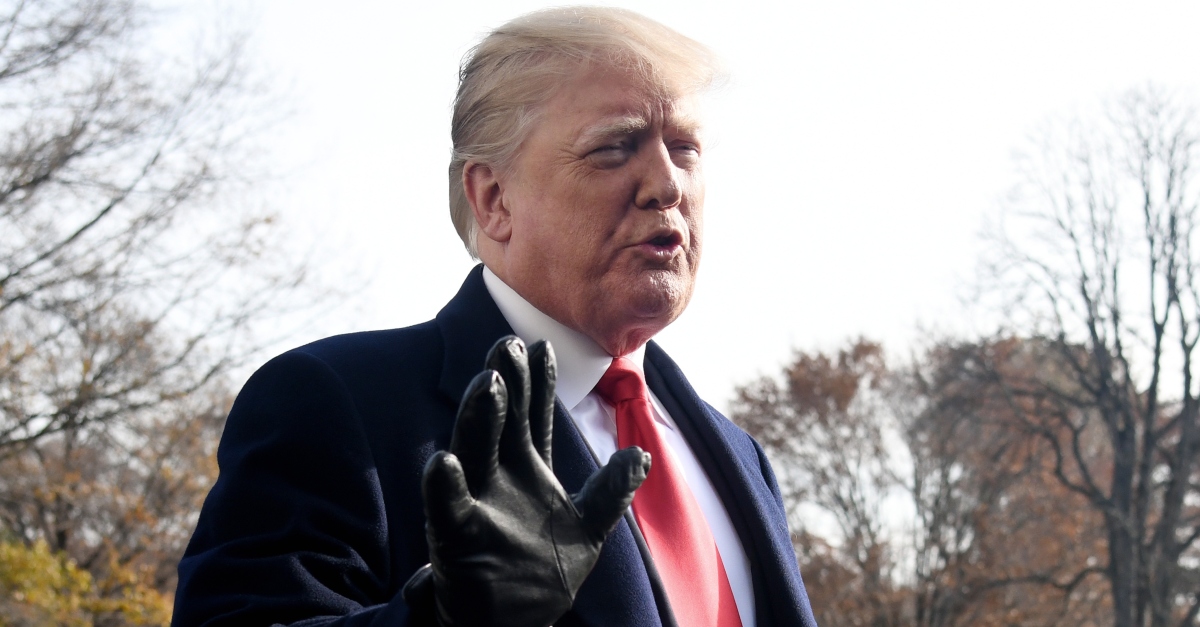
Professor and impeachment expert Michael Lawlor says that members of Congress don’t have to act anything like attorneys, judges or even jurors when investigating, authoring or considering articles of impeachment against President Donald Trump.
That’s because impeachment is inherently political–not legal, according to the University of New Haven associate professor of criminal justice. Lawlor explained how the law doesn’t strictly apply to impeachment via an op-ed in The News-Times on Monday.
“This is not a criminal trial,” he notes. “There need not be specific allegations at first. When articles of impeachment are considered, they need not be proven beyond a reasonable doubt. In fact, there is no evidentiary standard. Hearsay, conjecture, your own political instincts are all fair game. There is no appeal from your decision.”
As Law&Crime previously reported, impeachment is a quasi-legal process that only bears many striking similarities to bona fide legal inquiries largely because that’s what people, including members of Congress, think impeachment is supposed to look like–since that’s how such proceedings have often looked before.
There’s no real precedent the House of Representatives has to respect once the decision to actually move forward with formal impeachment hearings has been made. But assuming Speaker of the House Nancy Pelosi (D-Calif.) does eventually make such a formal decision–which has not happened yet–members of Congress and their witnesses would likely attempt to use various legalistic and precedent-like frameworks to make their case for and against impeachment.
Lawlor explains how little Congress has to use legal-like arguments:
This is not jury duty. Your deliberations as members of a committee of inquiry, or as members of the House considering impeachment, or as senators hearing a trial of articles of impeachment and voting on removal from office are completely different than those of jurors. You may seek out your own information. You may hold preconceived opinions. You may consult with your constituents about your vote. You may investigate allegations on your own. You may bring forth your own evidence. You may base your decision on whatever information is available and persuasive to you.
Despite that legalistic gloss, however, Lawlor advises members of Congress to essentially ignore the legal arguments and procedural hurdles because they only serve to obfuscate the constitutional mandate–and great power–given to the House of Representatives.
“This is a political remedy to a political problem,” Lawlor continues. “It is a process that frustrates and confounds the best criminal defense attorneys. It is not court. You must not be distracted by legal arguments that assume trial-like procedures and standards.”
The op-ed also features a relevant quote from former president Gerald Ford–himself somewhat familiar with impeachment: “An impeachable offense is whatever a majority of the House of Representatives considers it to be at a given moment in history.”
Lawlor previously served as a member of the Connecticut House of Representatives where he worked on a select committee which considered impeaching one of Connecticut’s former governors–and as the undersecretary for criminal justice in the Nutmeg State.
[image via Olivier Douliery-Pool/Getty Images]